

WELLNESS
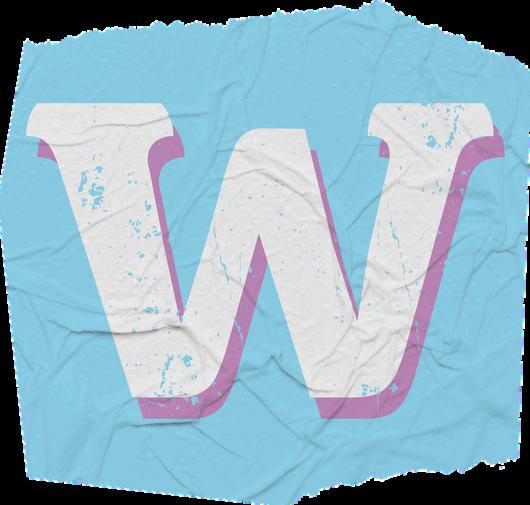
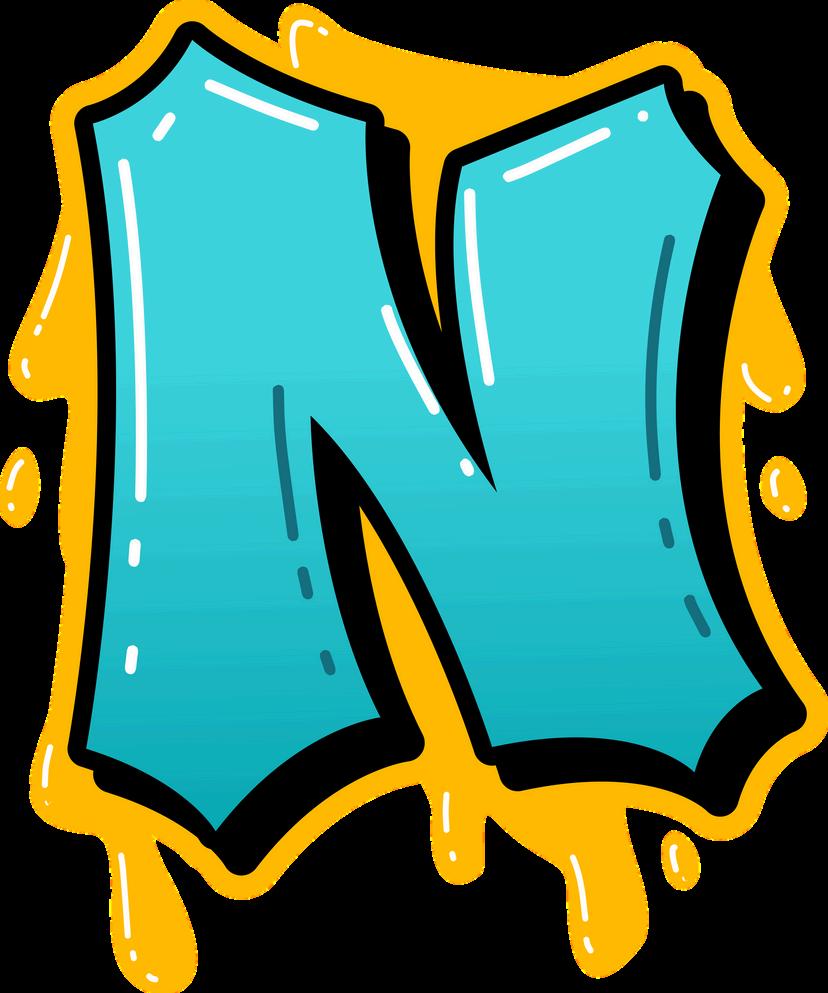

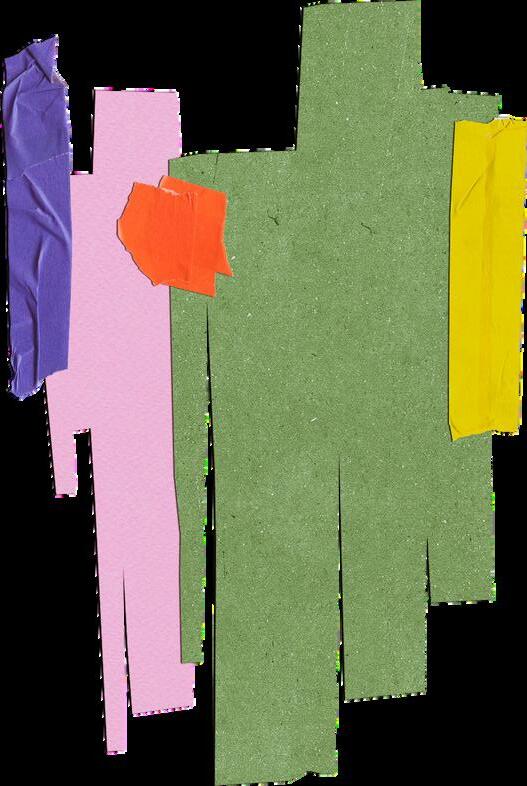
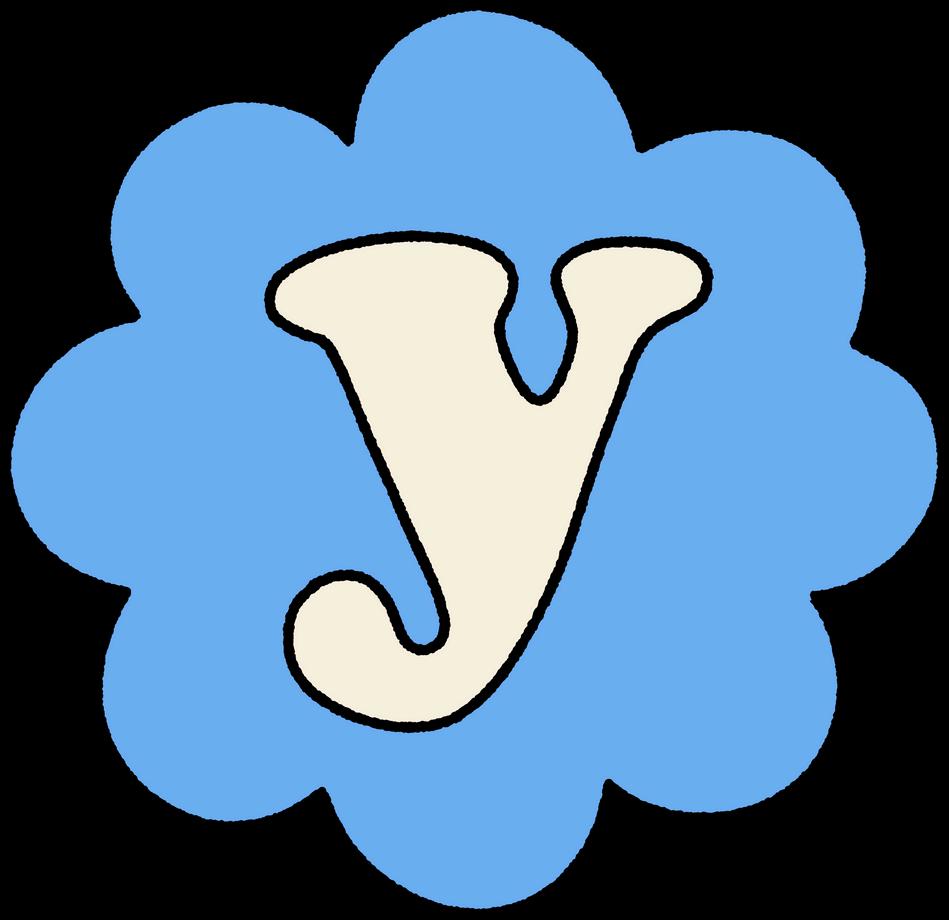

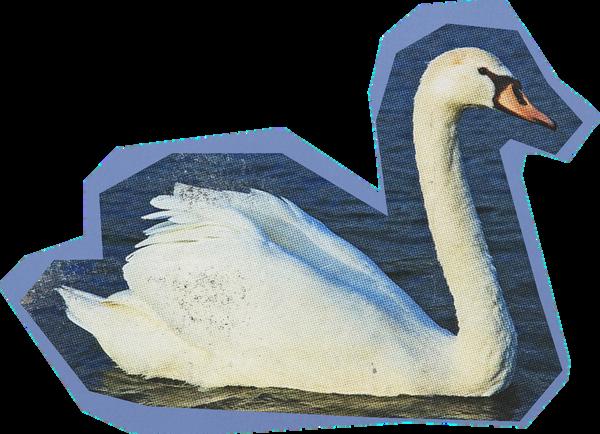
taking care of our executive functioning




SELF-CARE IS NOT ALWAYS A LIL’ TREAT AND A BUBBLE BATH...
SOMETIMES
SELF-CARE IS MESSY...

Consider the phrase “the tyranny of the urgent” as you watch this video.



“We do not learn from experience. We learn from reflecting on experience” (John Dewey, educational reformer of early 20 c.). th
Taking the time to reflect on what we can STOP doing or what we can START doing in order to take care of ourselves is a more holistic way of thinking about being a “self-reflective teaching practitioner.”
“THE
, EDVARD MUNCH, 1893

This painting has intense and wavy lines and bold colors. What might we guess the artist is feeling?


SCREAM”
EXECUTIVE ONE INDICATOR OF OUR WELLNESS IS OUR....
...which is “a set of cognitive skills that help individuals MANAGE their thoughts, actions, and emotions to achieve goals.” AND “Reflective Questioning is an easy activity to help develop the brain’s executive function. ”




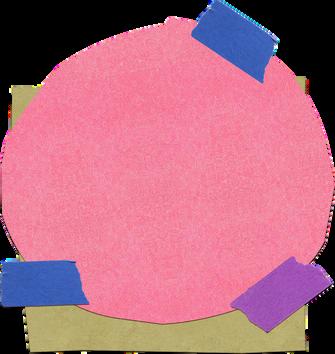
CHOOSE AT LEAST 3 OF THE FOLLOWING QUESTIONS TO ANSWER IN YOUR JOURNALS....
1.DOES THE AMOUNT OF TIME YOU GIVE THE THINGS IN YOUR DAY MATCH THEIR IMPORTANCE TO YOU?
2.MAYBE YOU DON’T NOTICE YOUR PROGRESS BECAUSE YOU’RE ALWAYS RAISING YOUR BAR?

3.IF YOUR FUTURE SELF COULD SPEAK, WHAT DECISION WOULD THEY BEG YOU TO MAKE OR START DOING TODAY?
6.WHAT AM I TRYING TO CONTROL THAT’S ACTUALLY OUTSIDE MY POWER?
7.IS THERE ANYTHING YOU ARE NOT DOING OUT OF THE FEAR OF FAILURE?
8.WHAT BRINGS YOU JOY BUT THAT YOU “NEVER HAVE ENOUGH TIME” FOR?
4.IF SOMEONE COULDN’T HEAR WHAT YOU SAY, BUT ONLY SEE WHAT YOU DO, WHAT WOULD THEY SAY YOUR PRIORITIES ARE?
9.WHAT DO YOU NEED TO LET GO OF TO CREATE SPACE FOR WHAT YOU REALLY WANT?
5.WHAT’S “THAT THING” YOU’VE BEEN AVOIDING OR PUTTING OFF THAT CAUSES YOU ANXIETY WHEN YOU REMEMBER IT?
10.IS YOUR ROUTINE BUILDING YOUR FUTURE OR JUST MAINTAINING YOUR PAST?


Affected by:
Stress
Lack of sleep and sunlight
Need for connection and movement
Dysregulated routines
Disorganization

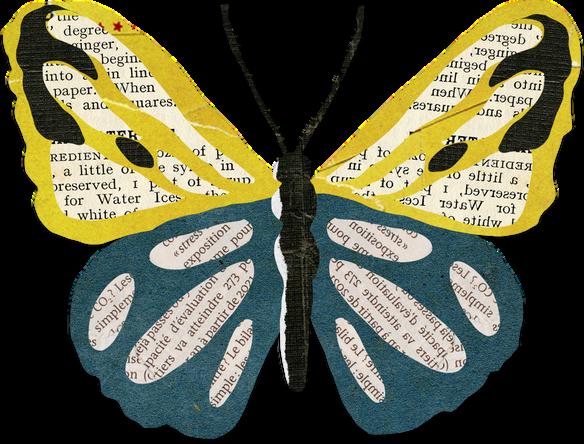
7 EXECUTIVE FUNCTIONS:
Self-awareness
Inhibition
Nonverbal Working Memory
Verbal Working Memory
Emotional Regulation
Motivational Regulation
Planning and Problem-Solving
SIGNS YOURS IS STRUGGLING:
Difficulty remembering, planning tasks, keeping items and info organized, and maintaining motivation
Struggling with control of emotions, attention, and impulsivity


CONNECTING YOUR REFLECTION WITH INTENTION
The questions you answered are all in some way directly or indirectly correlated to executive functioning.
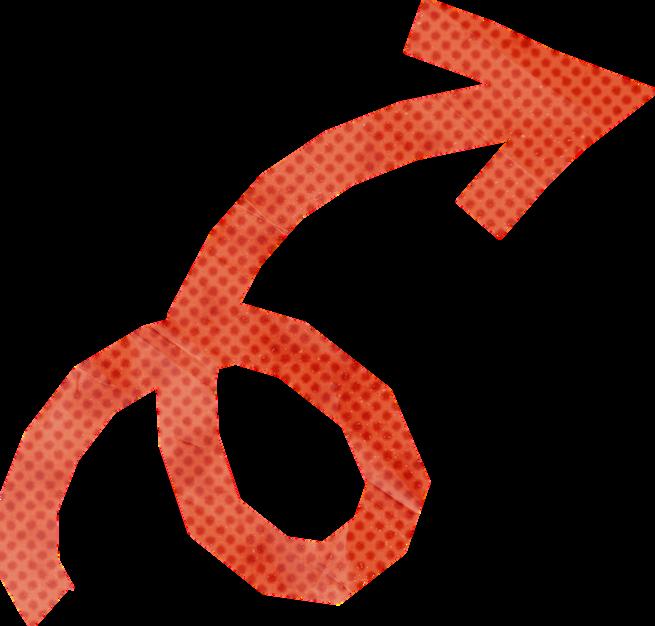
WHAT’S A FINITE TASK, A SHORT-TERM GOAL (LIKE ESTABLISHING A NEW ROUTINE), OR A LONG-TERM CHANGE YOU SEE REFLECTED IN YOUR ANSWERS?
This can be as small and simple or as big as you want.
Examples:
Call and make that doctor’s appointment you’ve been putting off.
Meal prep breakfasts this week.
Set aside half an hour to read for pleasure every other day.
STOP responding to that person’s texts. It does not serve you.



FROM THE QUESTIONS YOU ANSWERED:
1.Pick ONE realistic thing you can do today, even if that’s starting to prep or plan for it.
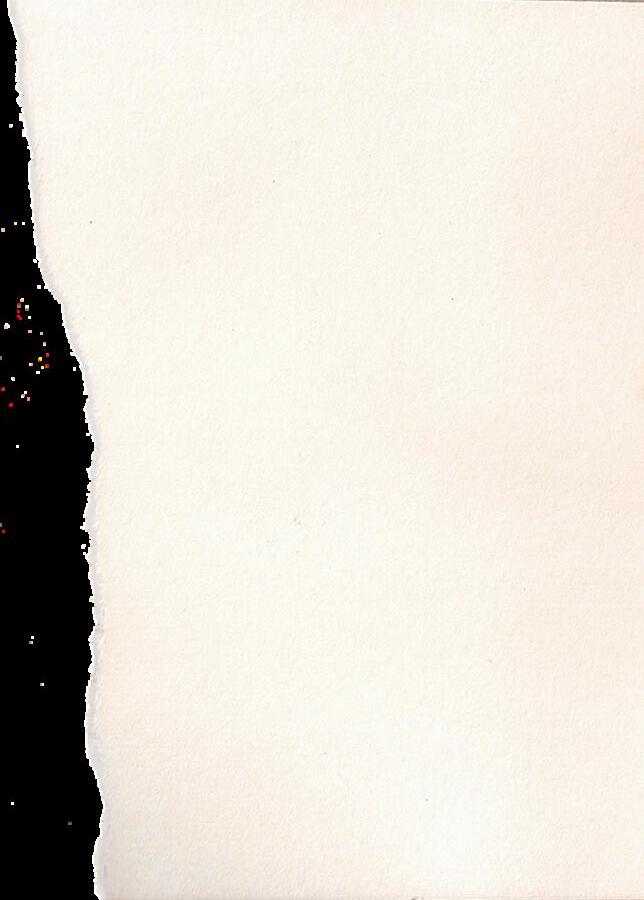
2. Set your intention: what is your WHY for picking this thing? What do you hope to gain it?
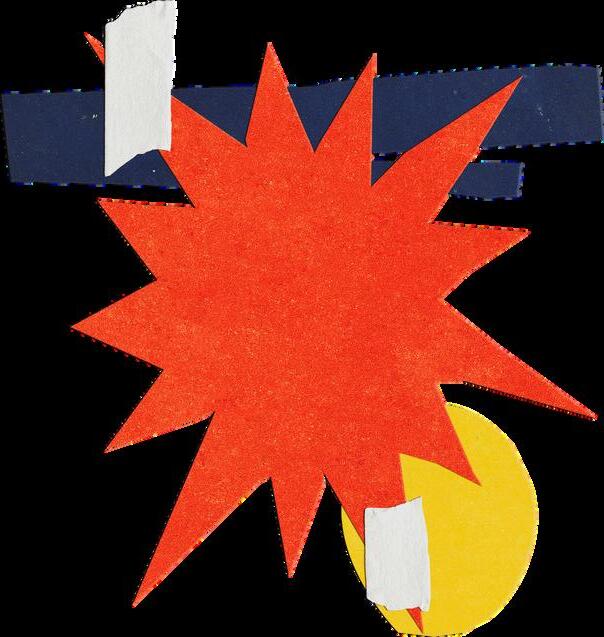
3. Identify what you need in order to do that thing, i.e. support, resources, time needs, steps to take, etc.
4. Formulate your plan. If this is an ongoing thing, include a milestone a week from now as a check in.
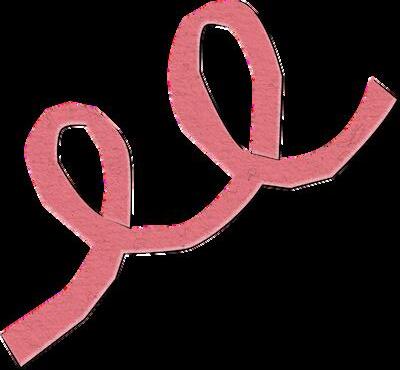
5. OPTIONAL: When you check in with your Wellness Buddies, share your Self-Care Intention Goals. Ask for help, support, or suggestions if you’d like!

